The Energy Department pulled the project's $4.9 billion conditional commitment against the advice of its attorneys — and without career staff.
When the second Trump administration took office, LPO staff worried that a requirement to secure wind and solar contracts for a certain portion of the line’s capacity could prevent the loan from moving forward — particularly after the publication of an executive order that made it much harder to build wind power. Right up until the last few weeks, sources told Latitude Media, both the office and Invenergy were discussing how to bring the Grain Belt Express agreement more in line with the administration’s priorities, by expanding offtakers beyond wind power.
But, even when their horrible duplicity could have been buried forever and forgotten, these same Deep Staters decided instead to parade it around like a virtue and thumb their nose at everyone, drunk on their own power. These are people who survive on your tax dollars, arrogantly doing whatever they want. It's time to clean house at LPO, and probably a lot of other places, too. It's not "resistance", it's insubordination and law breaking.
And what else here breaks the rules?
...LPO staff worried that a requirement to secure wind and solar contracts for a certain portion of the line’s capacity could prevent the loan from moving forward ...
Grain Belt Express has not proposed in its application, and we do not approve, selection or ranking criteria based upon the type of generation that a potential transmission customer might seek to interconnect.
And here's another...
Notably, the agreement didn’t require the federal government to shell out direct funds; instead, LPO agreed to act as a guarantor for the project, reducing risk for private lenders, but not making any payments itself unless the project failed.
To approve negotiated rates for a transmission project, the Commission must find that the rates are just and reasonable. To do so, the Commission must determine that the merchant transmission owner has assumed the full market risk for the cost of constructing its proposed transmission project.
That decision, Latitude Media has learned, was made against the recommendation of career attorneys inside LPO, who advised the agency that rescinding the conditional commitment would constitute a breach of contract, and would be illegal. It was also made without the involvement of career staff who worked on the deal.
In the case of Grain Belt Express, DOE is asserting that the project isn’t going to meet certain milestones that are required to finalize the loan.
But Grain Belt Express, which has already gone through two years of due diligence with LPO, still had a window of at least four months to reach financial close. Indeed, in the early months of this year, LPO career staff believed the project was moving in the right direction.
...when Energy Secretary Chris Wright stepped in to order the cancellation of the loan guarantee in mid-July, DOE’s general counsel didn’t seem to look to offtake numbers for legal justification at all.
In the spring, the far-right Senator Josh Hawley of Missouri began to publicly take issue with the project and its impact on farmers...
The International Energy Agency estimates that nearly 50 million miles (80 million kilometers) of power lines will need to be added or replaced globally by 2040 in order to meet climate and clean energy goals
According to Rob Gramlich, president of the transmission and power markets-focused consultancy Grid Strategies, federal support could be particularly impactful for interregional transmission lines “where it’s hardest to find any other way to recover costs.”
“It is very hard to find state regulators to approve cost recovery for a multi-state line like this,” Gramlich said. “I’ve always thought that DOE should have a big pot of money for interregional transmission, and that should be the main focus of DOE spending across all of its programs.”
It's time to clean the Deep State out of our Department of Energy. I'm betting Gramlich knows exactly who they are. Who knows? Maybe they're having cocktails right now celebrating their "resistance"?
That was a close call. Never think that your vote doesn't matter. It stopped this Deep State hustle in its tracks.
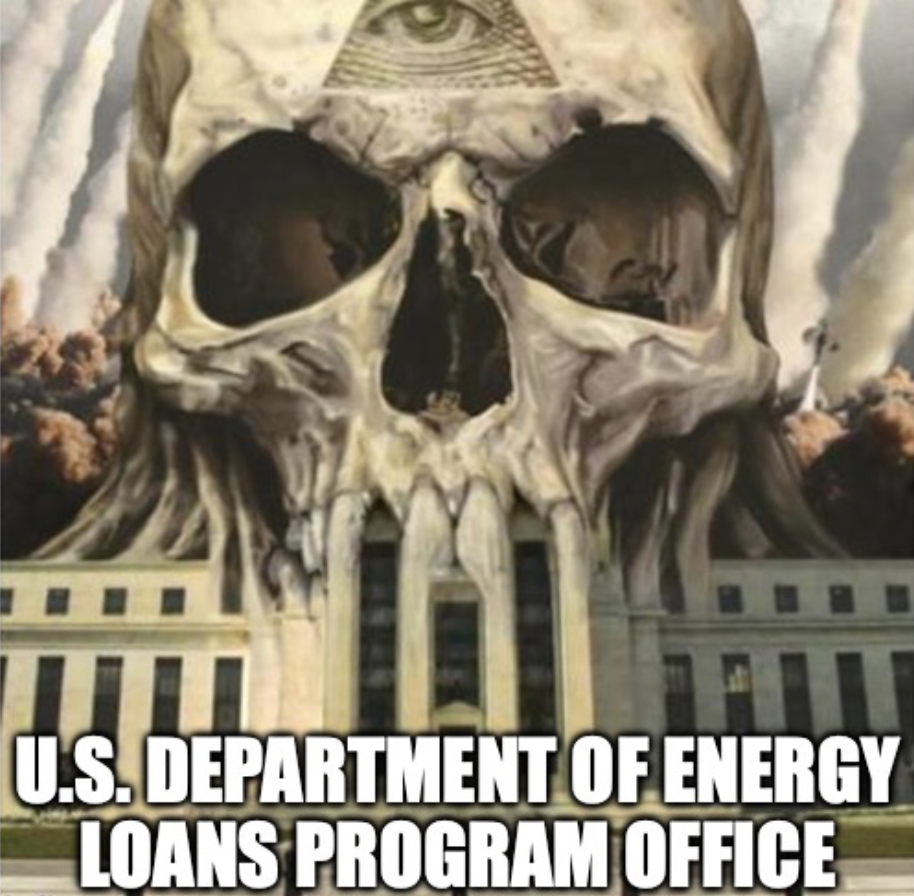

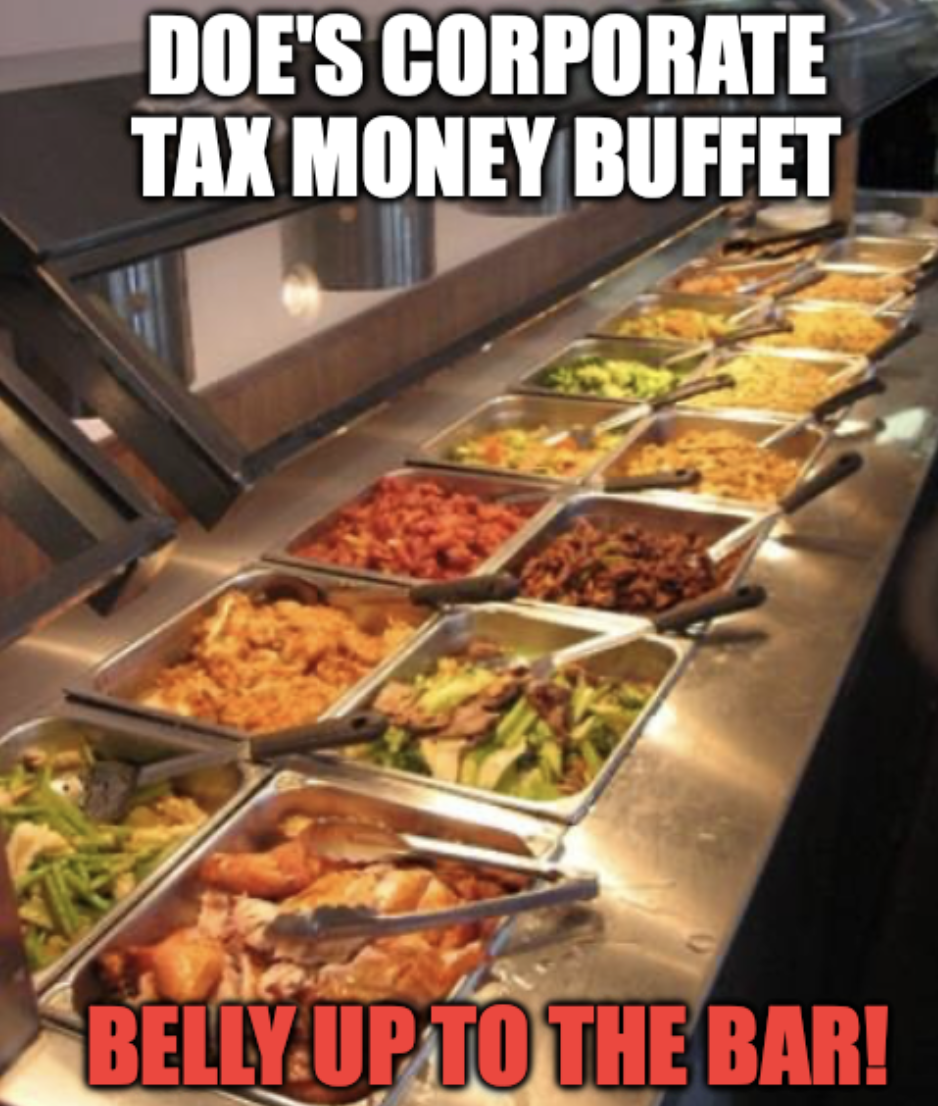
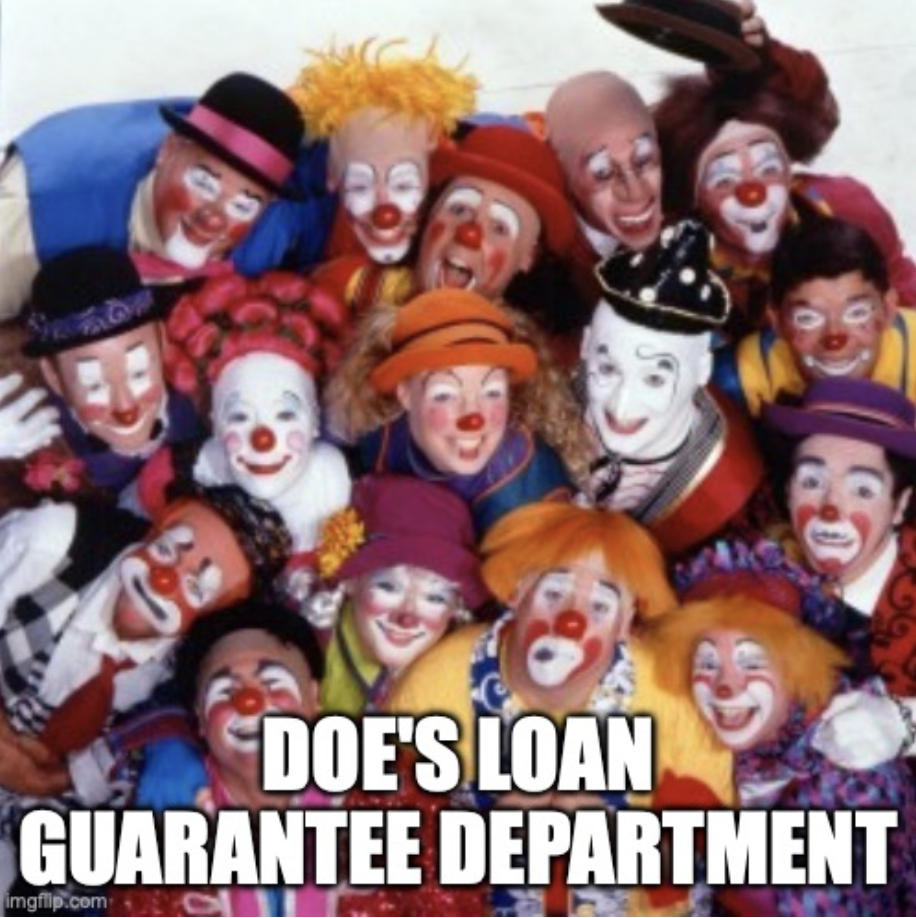
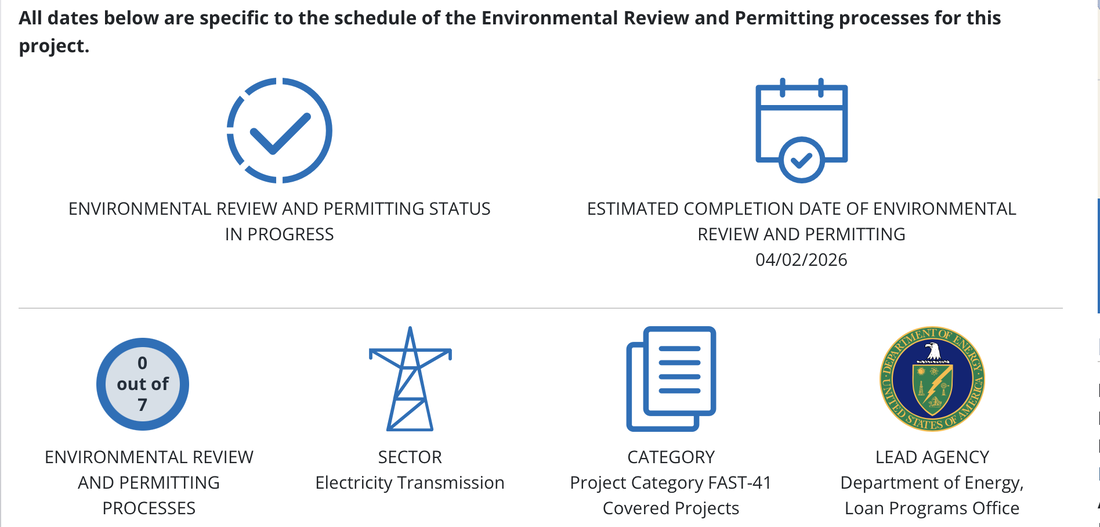
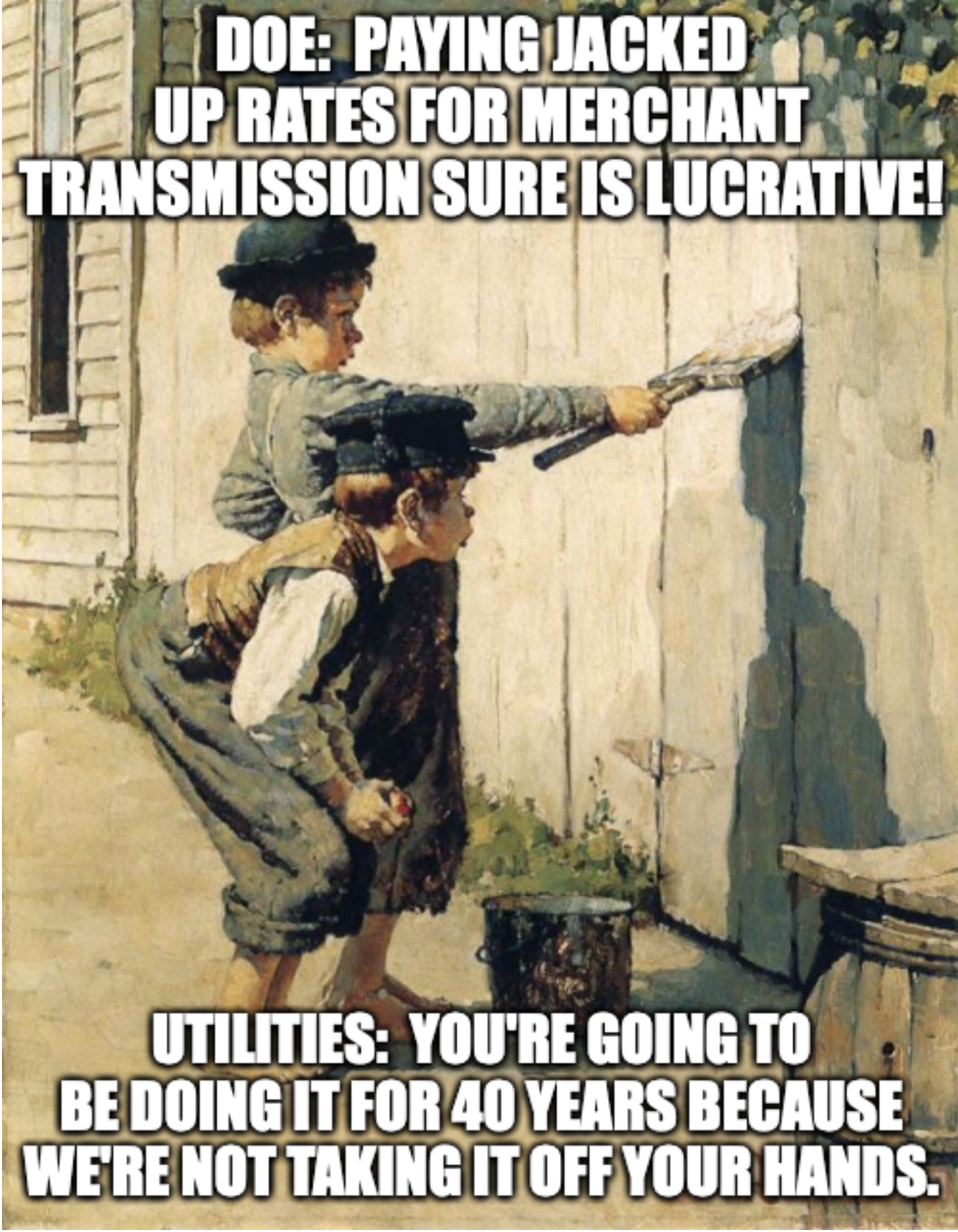
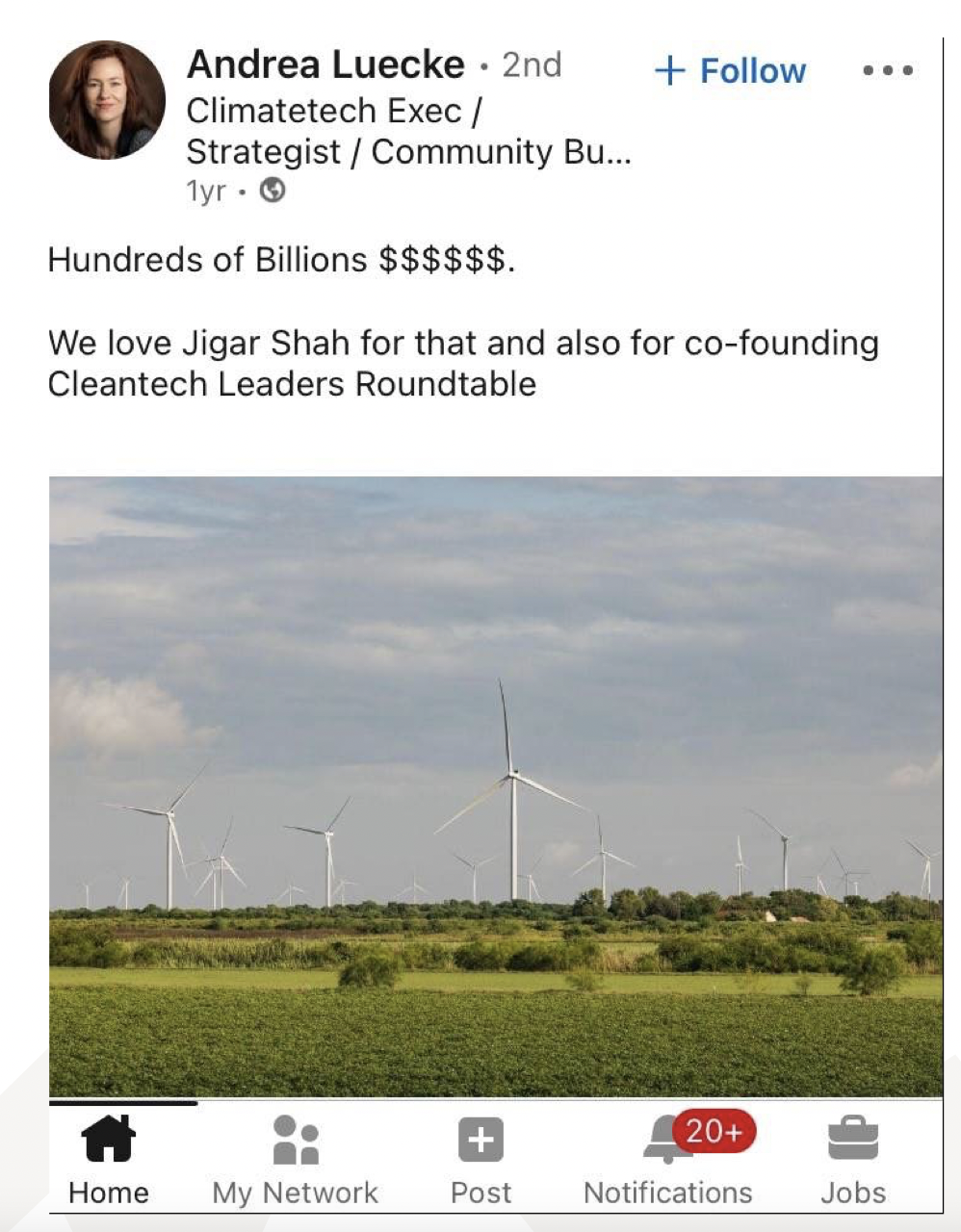

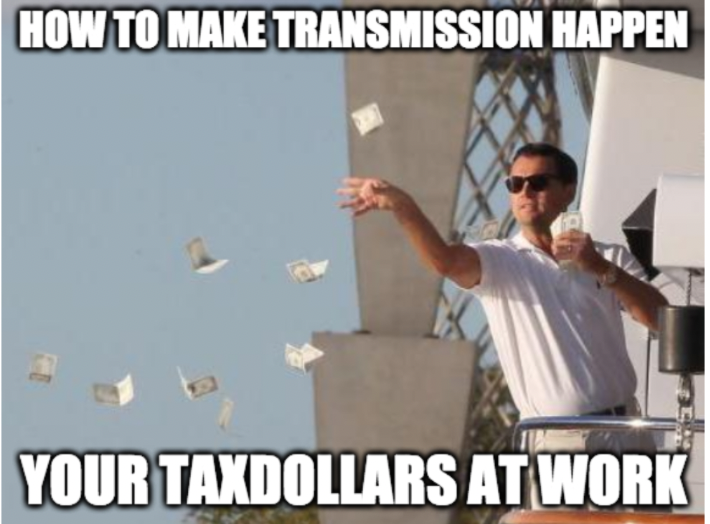
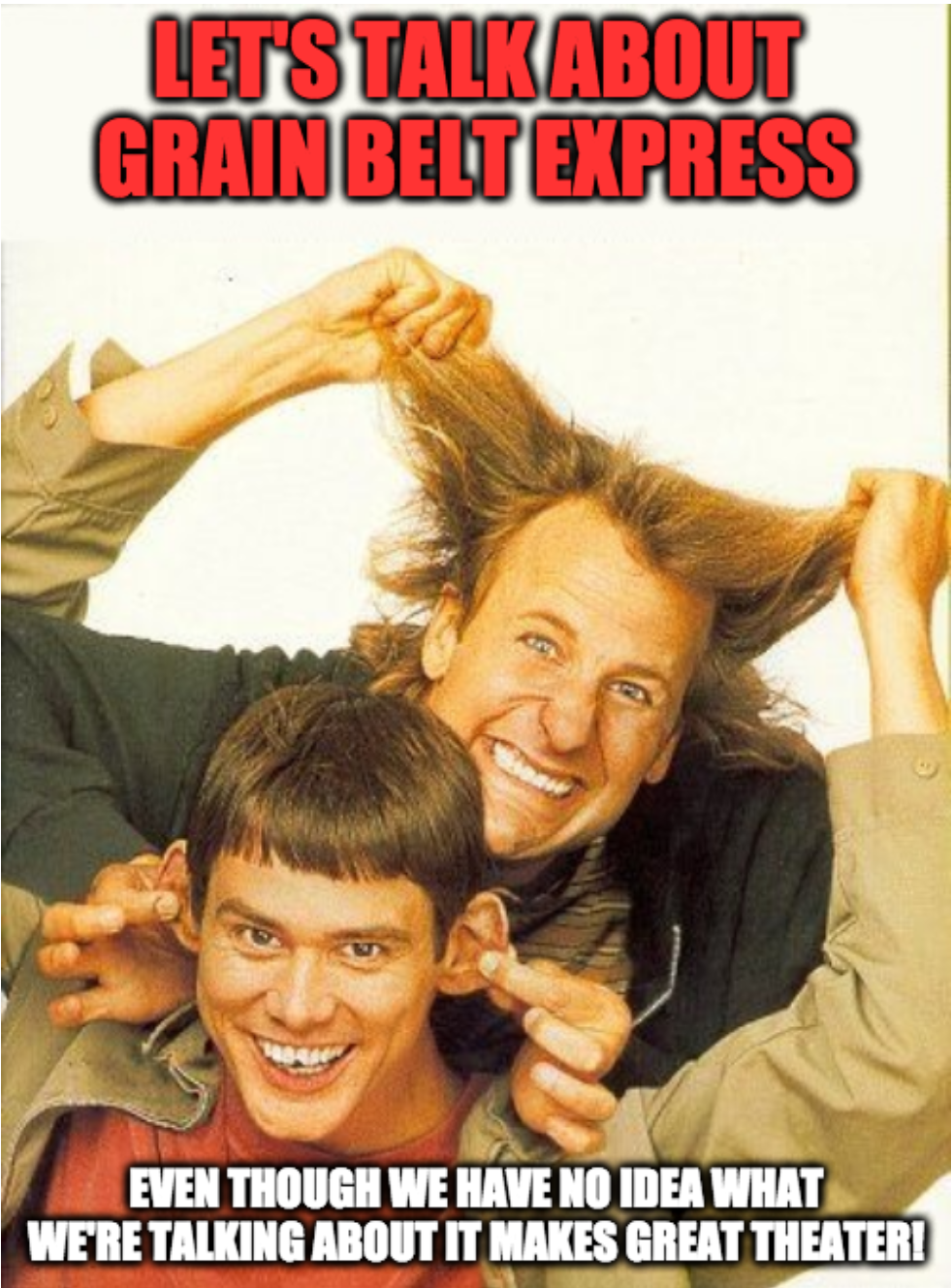
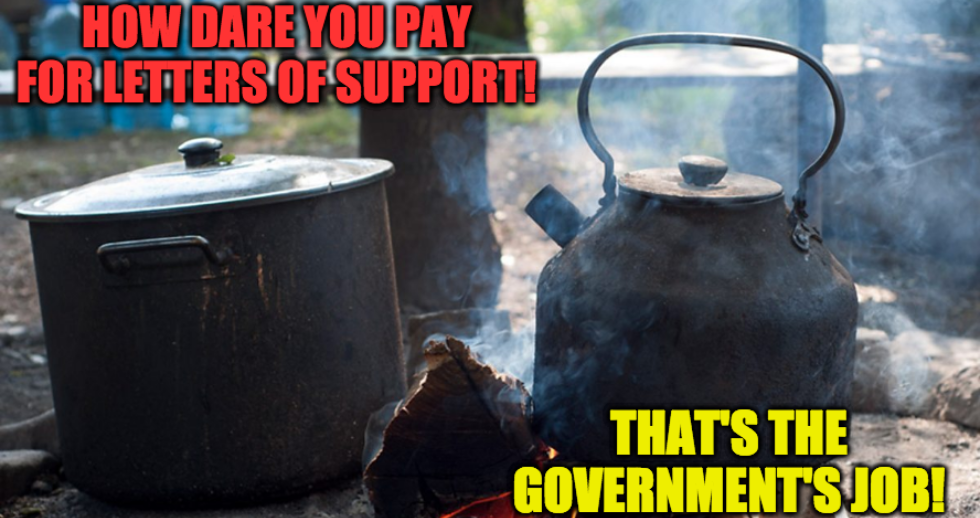
 RSS Feed
RSS Feed